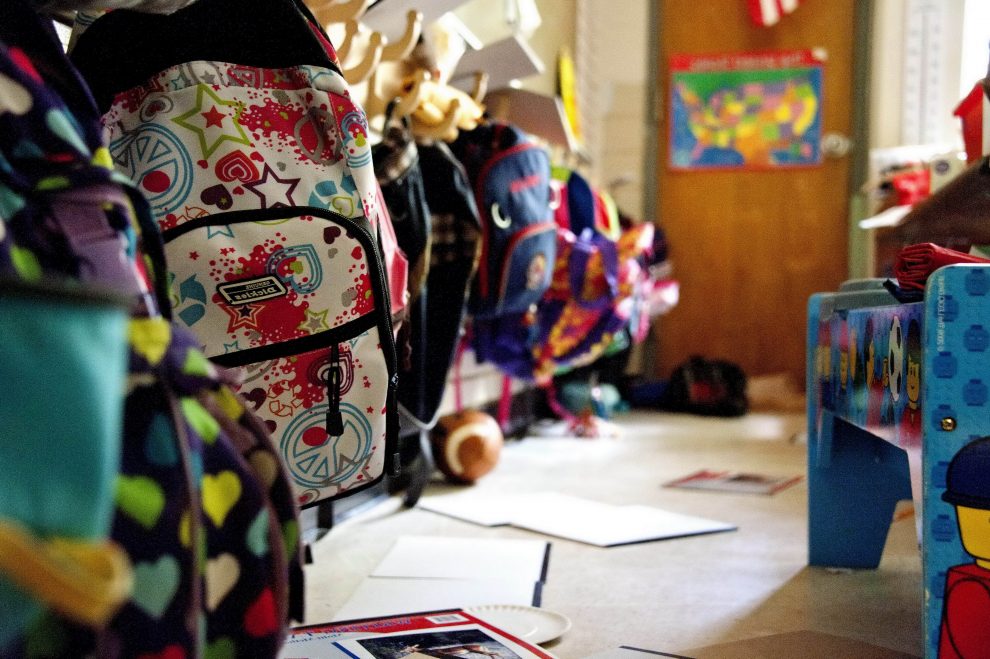PLANS for a new special school in Rhondda Cynon Taf do not involve the closure of any of the county’s current special schools, councillors have said.
The proposal is to open a new 3 to 19 special school in Rhondda Cynon Taf (RCT) to take the number of special schools from four to five and to introduce catchment areas for all 3 to 19 special schools across RCT and members of the council’s cabinet also said that current pupils will not have to to move schools.
The preferred site for the new special school is the current council headquarters in Clydach Vale, which the council will be moving out of.
Cabinet members said there may have been a slight misunderstanding in the consultation as there is no proposal to close any current special schools and pupils currently at special schools in RCT will not have to to move schools.
In June, the council’s cabinet agreed to consult on the proposal with the reason behind it being the pressures faced by RCT’s special schools as the number of pupils placed in these specialist provisions are increasing on an annual basis and children’s needs are becoming more complex.
The June cabinet report highlighted the limitations of each special school site and all opportunities to significantly extend and increase capacities have been looked at and, where possible, done.
The current special schools in RCT include Maesgwyn Special School, in Cwmdare, Park Lane Special School in Trecynon, Ysgol Hen Felin in Ystrad, and Ysgol Ty Coch in Tonteg with Buarth y Capel in Ynysybwl being a satellite site of Ysgol Ty Coch for learners with very complex autism spectrum disorder.
Under the proposals for the new special school, where the council decides to change the catchment areas for a school, existing transport arrangements will be protected for the pupils living in the areas affected for the duration of their attendance at the school or until they reach the end of that phase.
In exceptional circumstances, the council may consider transporting siblings to the same school.
Children and young people who wish to remain in their existing special school placement following the catchment changes can continue to do so but all new special school placements will be done through the revised catchment areas once the changes are implemented so that pupils attend their local special school.
Councillor Rhys Lewis, cabinet member for education, said it’s clear that the proposal to move to the next step is the right one.
He said: “It will of course build capacity for the future in an area that is experiencing increased demand and of course we do have statutory duties in this area.
“Our young people deserve the very best facilities and I think that developing those on a new site will allow us to offer those.”
He made the point that children already attending special schools in RCT will not be required to move schools as the new catchments will be put in place for future arrangements.
Councillor Andrew Morgan, leader of the council, said they need to find 25% of the funding for it and that it’s a big investment that could be around or over £40m.
He added that “it is a huge investment which is desperately needed in terms of a new school”.
He added: “There are no proposals to close any special school, this is simply building an extra special school in Rhondda Cynon Taf to increase capacity.”
There were 46 written responses received during the consultation with one in writing and 45 via the online survey.
There were also meetings with staff and governing bodies, the school council, a drop-in session and it was discussed at the education and inclusion scrutiny committee.
Out of the 46 written responses 26 (56.5%) were in favour of the proposal, 17 (37%) were against and three (6.5%) were unsure.
The cabinet report said that 75% of the funding needed is set to come from the Welsh Government’s Sustainable Communities for Learning Programme.
It said: “Costs will be developed alongside the consultation process and approvals sought in line with the council’s decision-making procedures.
“Any revenue implications resulting as a consequence of the new 3 to 19 special school, including the school’s delegated budget and any potential increases in home to school transport costs will be identified as the proposal is developed.”
If not being called in for consideration by scrutiny, a statutory notice will be published on November 6 and will allow for a minimum 28-day period for objections, ending on December 4.
If any objections are received during this period, a report would be prepared and go to a future meeting of the council’s cabinet.


















